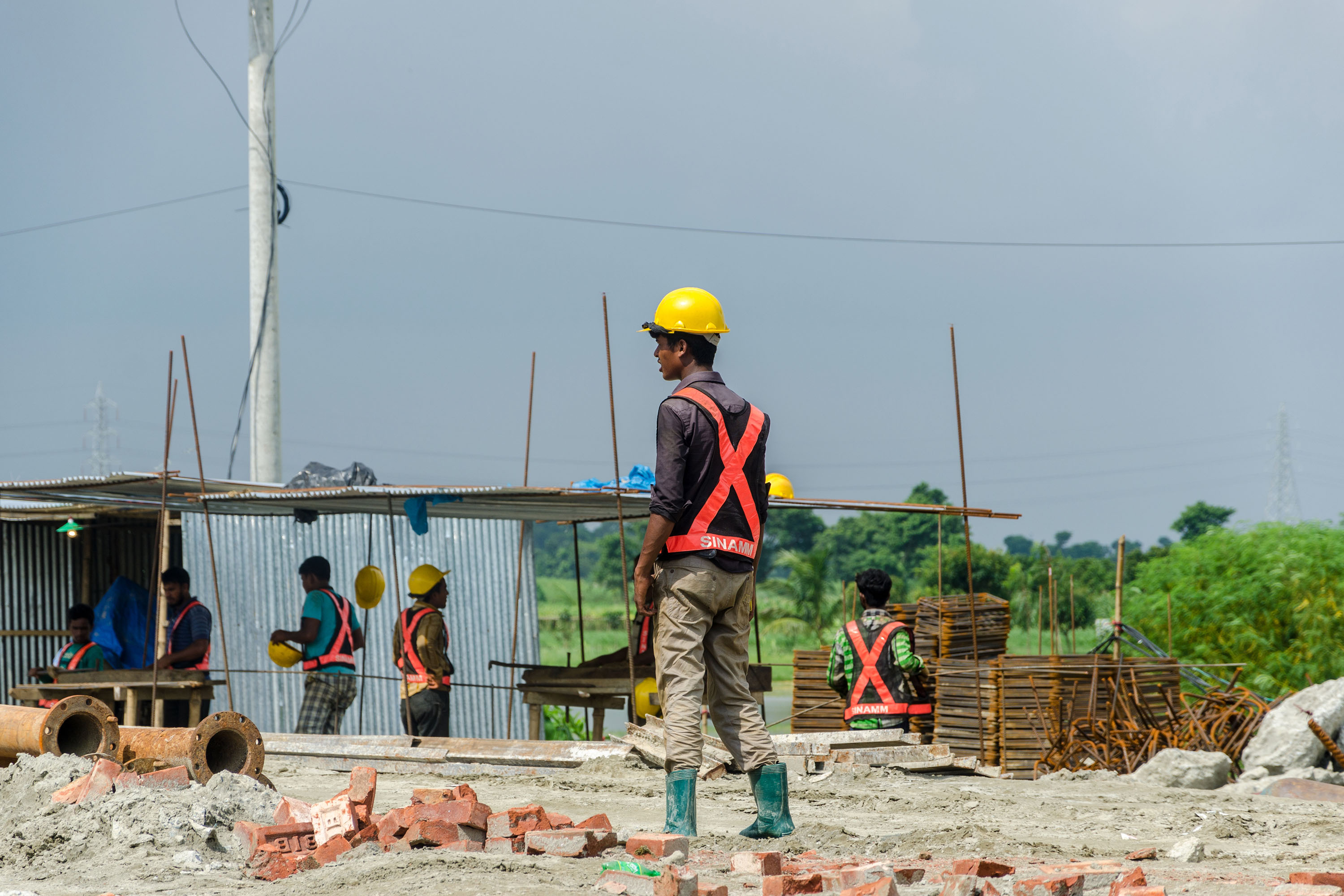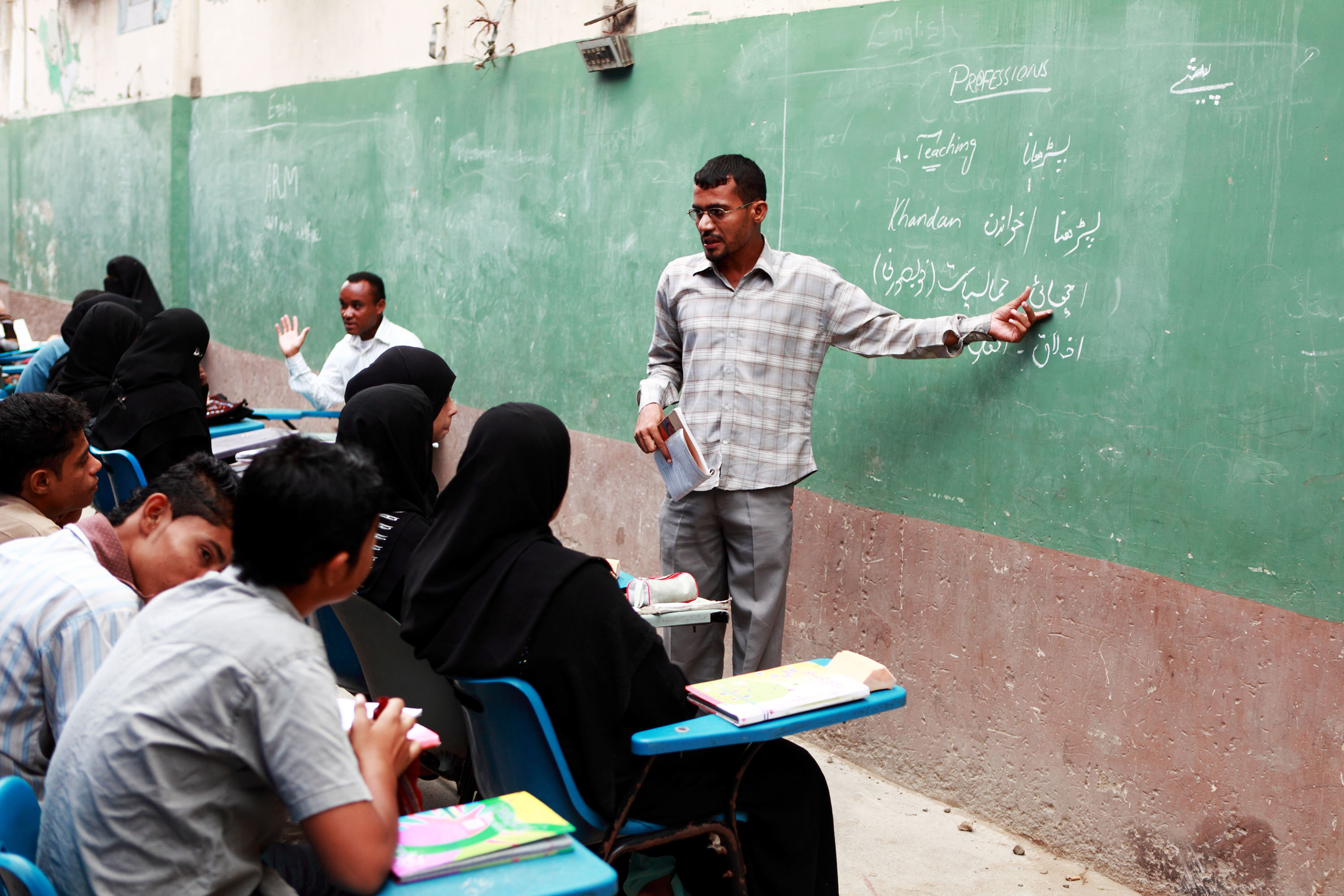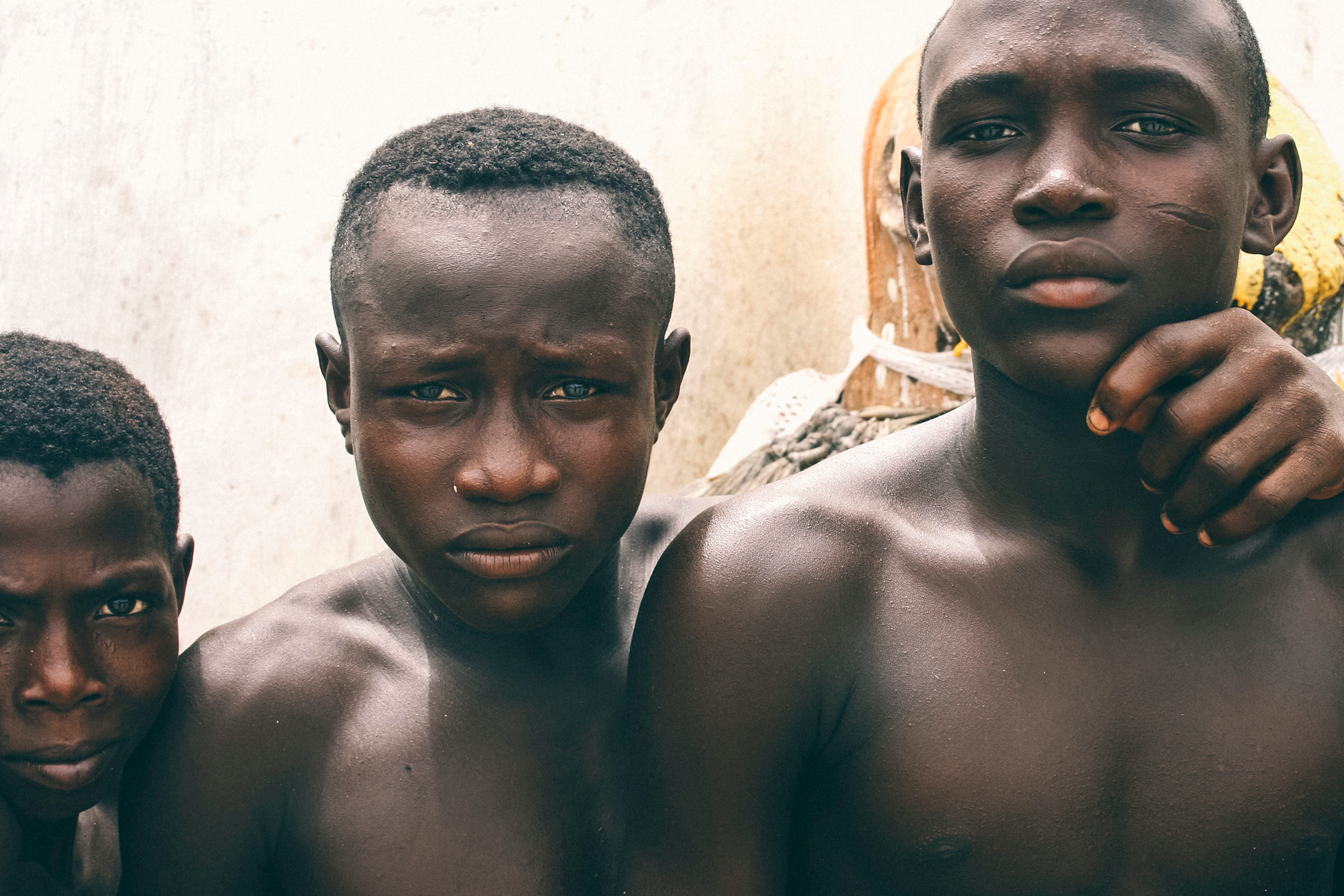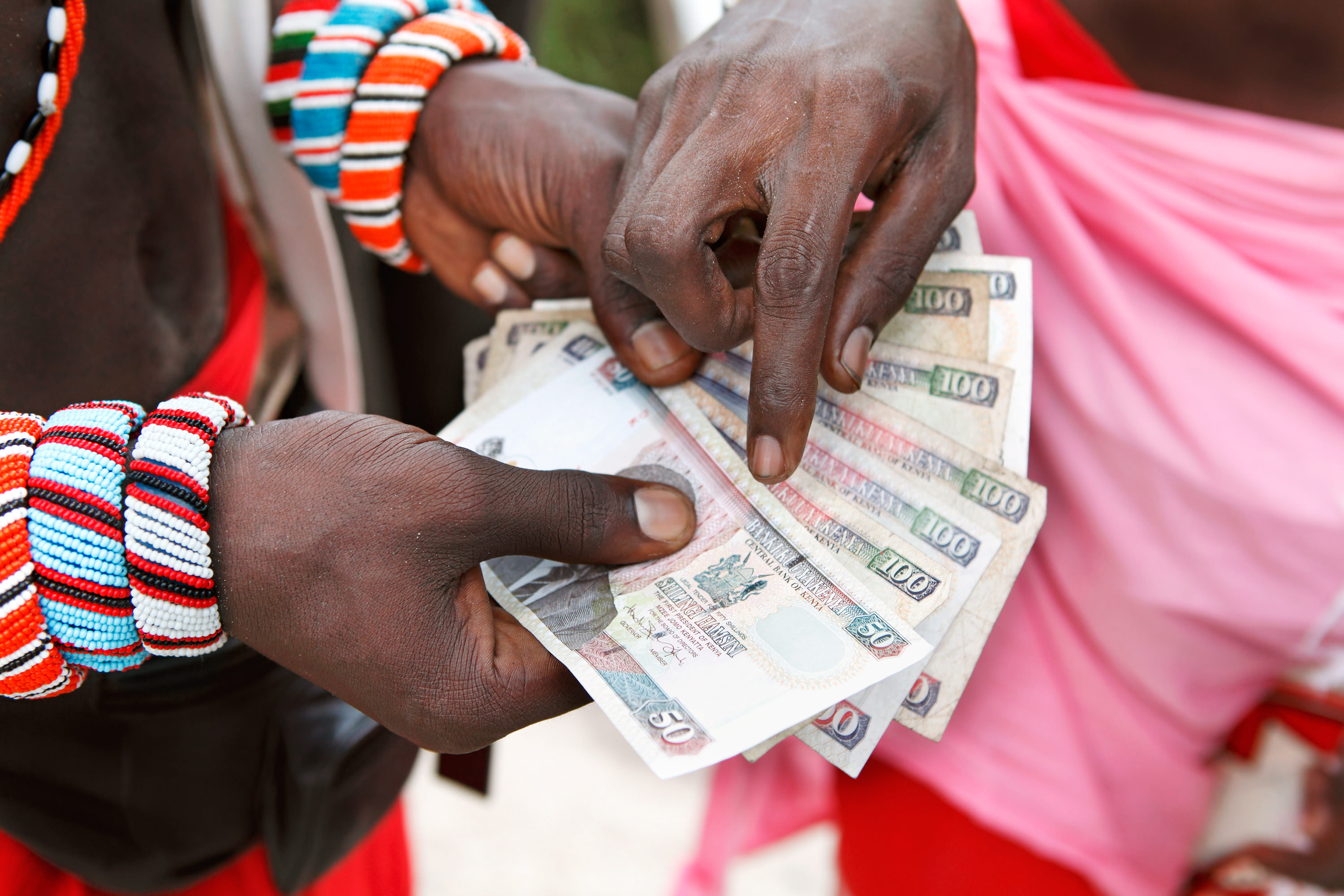Training, Financing, and Matching between Workers and Firms
Evidence from Bangladesh
Small and Medium Enterprises (SMEs) play an important role in income and employment generation in local economies, and SMEs account for a large share of businesses in low and income countries (LMICs). SMEs in LMICs are concentrated in activities...







